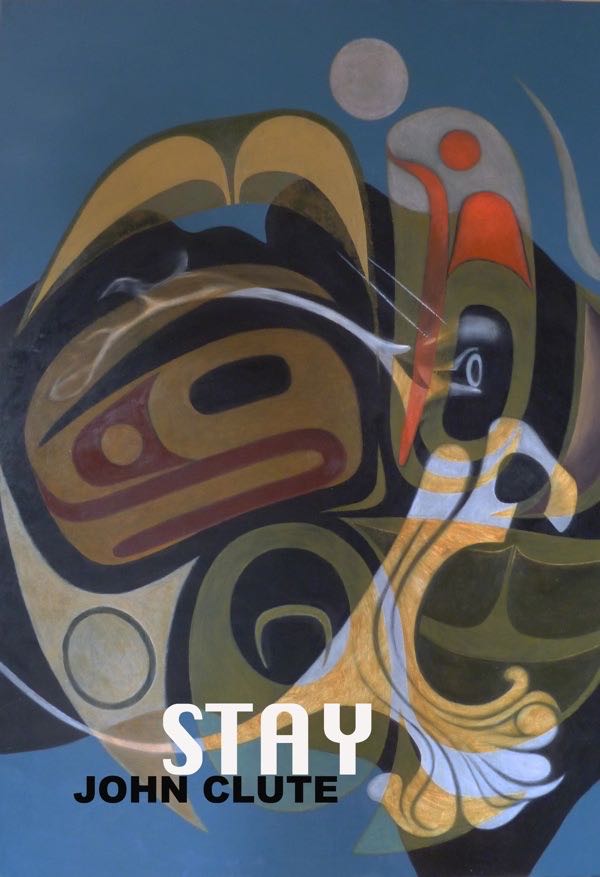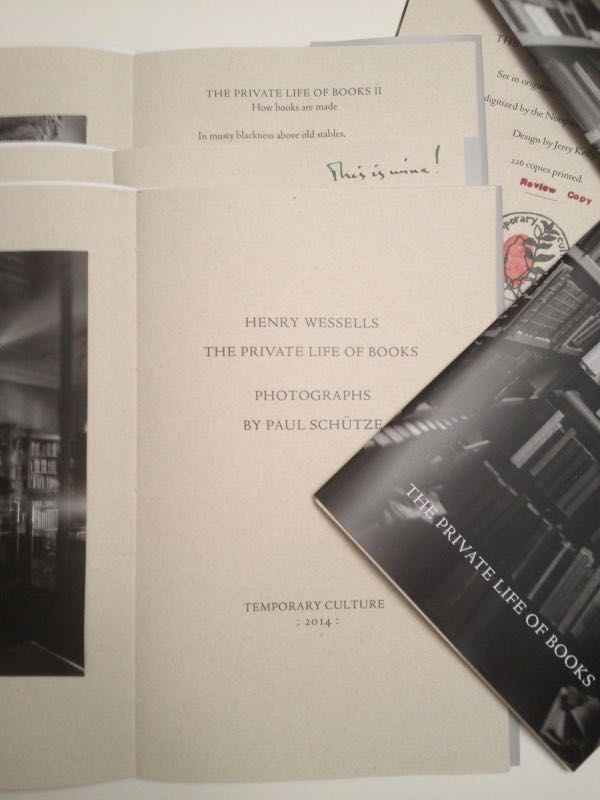
August 2014

20 & 31 August 2014
Arabic Science Fiction at the Worldcon
On Sunday afternoon 17 August, Yasmin Khan’s panel convened to discuss Arabic Science Fiction : the first time such a group has met in the seventy-five-year history of the convention.
The panelists included London-based curator Yasmin Khan (organizer and moderator) ; Noura al-Nouman, Sharjah-based author of two novels in Arabic, Ajwan and Mandan (2014) ; Amal El-Mohtar, author of The Honey Month (2010) ; Ibrahim Abbas, author of two novels in Arabic, HWJN and Hunaak ; Yasser Bahjatt, Jedda-based publisher and author of the English edition of HWJN. The audience of slightly more than a hundred people included readers (of Arabic and English), scholars, librarians, and fans. The tradition of the fantastic in Arabic culture can be traced to Lucian of Samosata and the Arabian Nights, and much of the survival of Greek science is due to Damascus and Baghdad. It is far older than the English language or the modern field of science fiction but until now there have been many appropriations from Arabic literature and few dialogues between the traditions. This panel had the feel of opening doors.
Questions of the definition of Arabic science fiction arose immediately. Amal El-Mohtar spoke succinctly of the imperative for “ the most inclusive definition possible ”. Ibrahim Abbas argued that the chief criteria are that the works display “ significant cultural or linguistic influence of Arabic ”. And then the discussion moved on. Noura al-Noman, educated in both English and Arabic, said “ there was a need for science fiction in Arabic, so I wrote it. ” Amal El-Mohtar spoke of a wish, both as reader and as writer, to see Arab characters who were not mere caricatures of western stereotypes. Her story “ To Follow the Waves ” looks at Damascus within a steampunk world.
From a publishing perspective, there are complications arising from the geographical and political diversity of the Arabic speaking world (350 million people in more than 22 countries, plus a sgnificant mahjar or diaspora, with Egypt and Saudi Arabia the two most significant markets). It was exciting to learn that science fiction has already upended some of the received truths of Arabic publishing, defying sales expectations and overcoming issues of censorship. Now that is a tightrope to walk : and no net.
Your correspondent has a long-standing interest in this subject as a reader and also as translator of Gamal al-Ghitani’s What Happened to the Lands of the Valley . It was a delight to see a large and varied audience joining this conversation, which will continue.
N.B.: The Encyclopedia of Science Fiction has a useful entry, here ; it can, however, only be considered preliminary, for there are no citations after 1988.
— — — —
Stay

— John Clute. Stay. Beccon
Publications, 2014. Cover by Judith
Clute. The introduction can be found here.
— — — —
recent reading :
— Jakob Hein, Jacinta Nandi. Fish ’n’ Chips & Spreewald-Gurken. Warum Ossis öfter Sex und Engländer mehr Spaß hatten. Kiepenheuer & Witsch, [2013].
— Paul Kincaid. Call and Response. Beccon Publications, 2014. Kincaid is consistently a perceptive reader, e.g., his essays on Crowley's Ægypt novels, and reviews of Gene Wolfe (even lesser works) . The chapter on Keith Roberts and Pavane is brilliant and exemplary. Read this book.
— Pierre Benoit. L’Atlantide.
Roman. Albin Michel, [1919]. First edition of a novel widely
translated throughout the 1920s.
— Pierre Benoit. Atlantida (L’Atlantide). Translated
by Mary C. Tongue and Mary Ross. Duffield, 1920. Atlantis in the Sahara, for
an essay.
— Disobedient Objects. Edited by Catherine Flood and Gavin Grindon. V&A Publishing, [2014]. Illustrated. 144 pp. Catalogue of the intense, interactive, multisensory exhibition, Disobedient Objects. At the Victoria & Albert Museum through 1 February 2015.
— T.S. Eliot. The Waste Land. A Facsimile and Transcript of the Original Drafts inlcuding the Annotations of Ezra Pound. Edited by Valerie Eliot. Harcourt Brace Jovanovich, [1971].
— Andy Duncan and Ellen Klages. Wakulla Springs. Illustration by Gary Kelley. Tor.com, 2 October 2013. http://www.tor.com/stories/2013/10/wakulla-springs. I printed this out and read with great pleasure ; and will send the pages to a friend who does not use a computer.
— David Shafer. Whiskey Tango Foxtrot. Mulholland Books, [2014]. Delightful paranoid concatenation of plot, pseudo-science-fictional MacGuffins, creepy captains of industry, minimal explanation, and : a fine ending. The main arc is how Mark Deveraux, who starts out rather loathsome, becomes human.
— Infra Noir. Edited by Dan Ghetu. Zagava and Ex Occidente Press, 2014. Anthology of writings by Mark Valentine, Thomas Strømsholt, John Howard, DanWatt and Andrzej Welminski, Damien Murphy, and Colin Insole, a beautiful production with striking illustrations. Stories that compels reading and a format that demands engagement with the book itself. The dust jacket prints a poem by Mark Valentin, Un Vis Pierdut in Leoparda, in black on black. The story by Howard, “ The Unfolding Map ”, is a superb tale of the wartime partition of Transylvania and a rare wine from the cellars of an old hotel.
— — — —
great slow oxen words
[from verses found in the back of a pamphlet on Charles M. Doughty]
— — — —
SPRING
O my grey hairs !
You are truly white as plum blossoms.
William Carlos Williams, from Sour Grapes, 1921
— — — —
— — — —
The Private Life of Books : In the Bindery
“ beautiful in every way : the words, the images, and the production ” — Fine Books magazine
The Private Life of Books has been printed and is in the bindery. A glimpse of the first, advance, and review copies :

Publication day is 15 September. Details of the book, here.
— — — —
This creaking and constantly evolving website of the endless bookshelf : I expect that some entries will be brief, others will take the form of more elaborate essays, and eventually I will become adept at incorporating comments or interactivity. Right now you’ll have to send links to me, dear readers. [HWW]
electronym : wessells
at aol dot com
Copyright © 2007-2014
Henry
Wessells and individual contributors.
Produced by Temporary
Culture, P.O.B. 43072, Upper Montclair, NJ 07043 USA.
